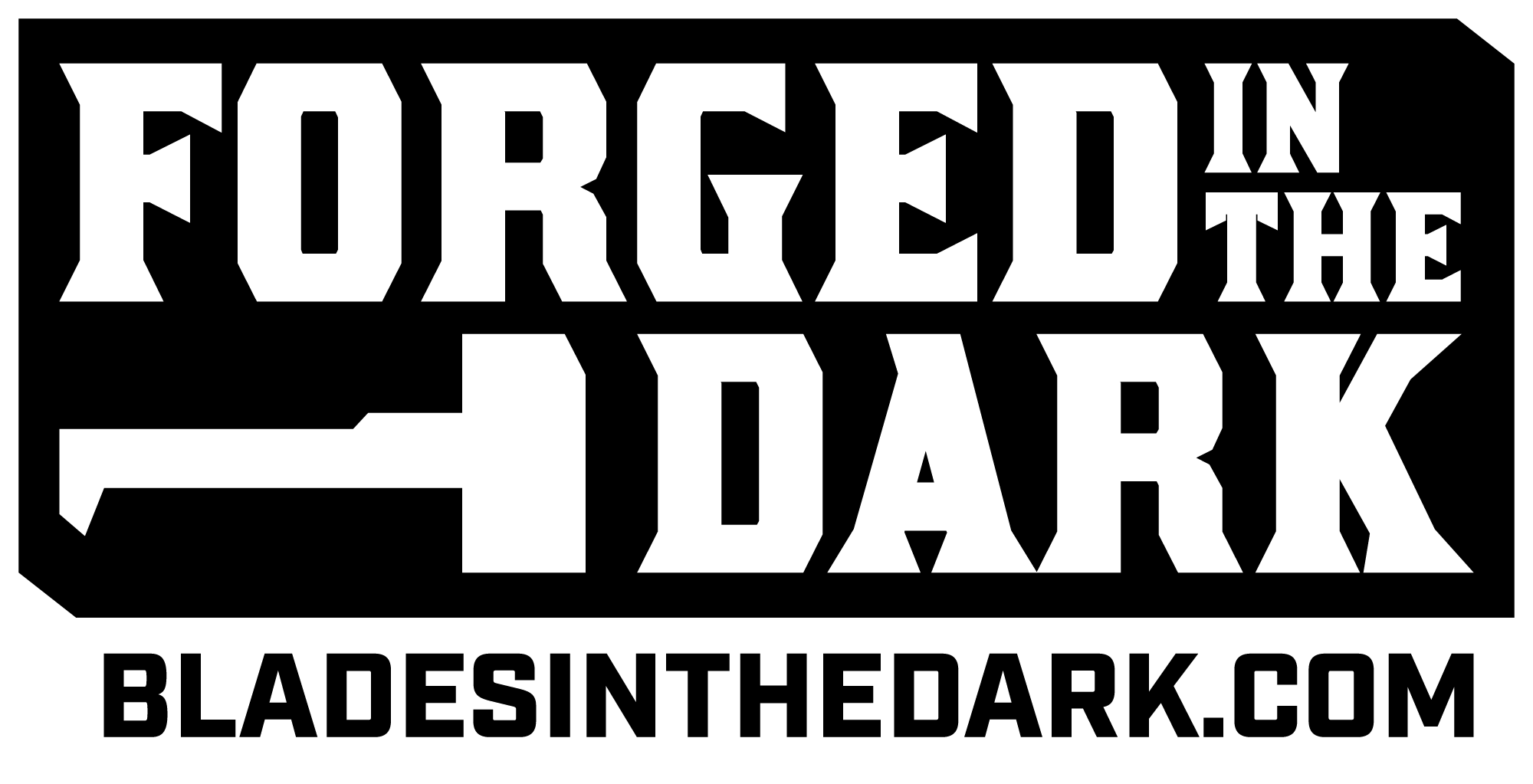Investigative Skills 
In other games your character’s background or heritage often has a big impact on how they fit into the world and what motivates them. Spy games are trickier - you’re often assuming another identity. Your past is deliberately obscured, your motives often hidden. You have the training, ability, and resources available to pass yourself off as having almost any skillset for at least a short time (the duration of a mission).
So in Buried Secrets you are instead asked to select some investigative skills that reflect your education, hobbies, and interests. For you, the player, they give you some extra role-playing hooks and a means to make your agent even more interesting and unique.
Remember, these skills are about finding and interpreting clues. You don’t need any of them to actually do something - for that, you make an action roll. That’s why we don’t have skills like demolitions (just make a Wreck roll) or pilot (maybe a Finesse roll would be appropriate).
It also helps the GM to give you extra information during the course of a mission. There will typically be a wealth of clues tying things back to the conspiracy, but the GM will choose which ones to reveal (and how soon to reveal them) based on what skills the team brings with them. Put another way, you’ll always find some clues because you’re trained, competent agents. Which clues you find are influenced by the investigative skills the crew has available.
If someone has a background in accounting, they might notice the ledger entries make no sense unless someone is shipping coffins to the London office. If they have art history as a hobby, they might notice that the painting in the lobby was thought lost in Transylvania during World War I. Any agent would eventually notice the total lack of mirrors in the executive washroom, but one trained in vampirology would probably notice immediately rather than halfway through the board meeting.
Adjusting Skills
There are some default assumptions built into the initial skill list. The GM and crew can adjust the skill list to account for the specific genre, time period, or nature of the conspiracy.
One strategy for adjusting this is to combine skills. For example, having a single “Science” skill might be appropriate in game set in 18th or 19th century Europe where specialist training is only just emerging. It might equally be as useful in some distant future setting where technology like tricorders do most of the analysis.
In the other direction, it may be helpful to split out or focus on more specific skills to emphasize the direction you expect to take the game. Splitting out skills such as “Biology” and “Mythos Lore” for a cosmic horror conspiracy, or skills like “Stellar Cartography” and “Xenobiology” for a science fiction mystery.
Spy Trade
Professional spies, like the ever-popular James Bond, have their own special training, tactics, and vocabulary. The specialized investigative skills in this section mean you’ll have access to that expertise - and easily notice others using the same techniques.
Cryptography, Human Terrain, Outdoor Survival, Tradecraft, Traffic Analysis
Conspiracy Theory
When you’re up against a conspiracy, it pays to know something about the unexplained; weird and arcane symbols, phrases, and ideas that swirl around the fringe of pop culture. These are often used as the basis for the coded messages and hidden rituals or symbols that allow co-conspirators to recognize one another.
Even in a game that has no supernatural or paranormal elements, urban legends and unexplained phenomena can be clues to conspiracy activity. Plenty of conspiracies have relied on local superstitions, spooky ambience, and rubber masks to hide their activities or keep people away from a location.
And if vampires, ancient slumbering gods, or super-scientists do feature in your game? Well then the skills in this section will often be key to uncovering the truth that lies behind the stories.
Fringe Science, Occult Studies, Vampirology
Science
The scientific method is itself a form of inquiry into the truth, so picking specific fields as dramatically interesting can be a bit of a challenge - there are so many interesting choices!
Astronomy is dramatically interesting because celestial events are often useful plot points. Conspiracies are likely to to take advantage of vague prophecies, planetary alignments, and strategically placed mirrors focusing the sun’s rays at certain times of the year.
Chemistry is a broad science that can offer clues about unknown substances, hazardous and harmful materials, and pretty much anything involving a laboratory.
Physics offers clues relating to electricity, ballistics, nuclear missiles, and car or plane crashes. Anything that involves the interplay of movement, energy, or mysterious forces is the domain of the physicist.
Other interesting choices we didn’t have room for include Biology (or even more specifically, Zoology or Botany), Geology (if gems or underground locations are important in your game), Entomology (insects specifically for what is probably an unsettling game), and Xenobiology (for when you need an expert on aliens).
Astronomy, Chemistry, Physics, Research
Medicine
As with science, medical skills are easily broadened or specialized to reflect the genre. For our default selection we’ve focused on ones that tend to appear in invesitigative dramas. The skills in this section are focused on dealing with sickness, drugs, and dead bodies.
Diagnosis, Pharmacy, Forensic Pathology
High Tech
The specialized skills here involve gleaning clues from technology. The exact nature of the skills involve depend on the time period involved, but should reflect whatever is cutting-edge and slightly mysterious to the untrained. For example, in the early 20th century you might add a Telecommunications skill to reflect a focus on clues involving telephone and radio technologies.
Data Recovery, Electronic Surveillance, Photography
History
These skills are brought to bear when clues are buried in the past.
Archaeology, Architecture, Art History, History, Military Science?
Legal
Legal skills are the mainstay of the law enforcement professional and their counterpart, the career criminal.
Accounting, Bureaucracy, Criminology, Forgery, Law
People Skills
The skills here are brought to bear when studying people and their interactions.
High Society, Languages, Streetwise, Urban Survival
